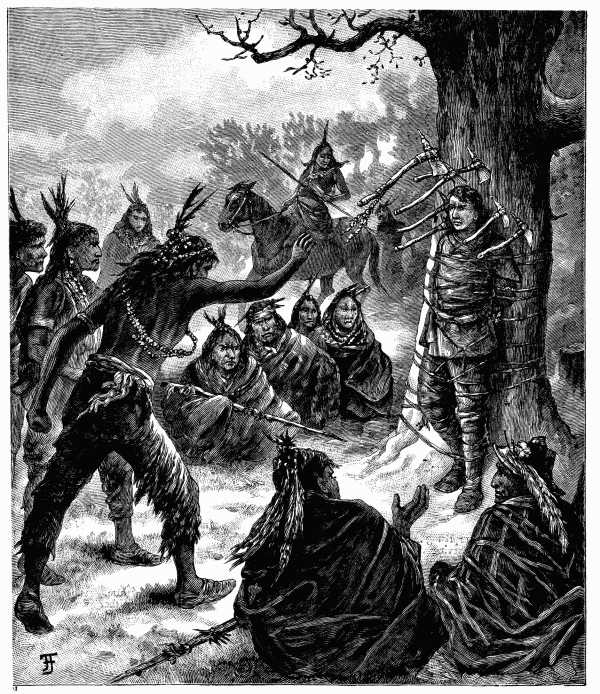
Wednesday, February 24, 2010
"Red Gifts" versus "White Gifts"
As we discussed in class, James Fenimore Cooper seems torn in his perceptions and ideals of America. On one hand he possesses a very real nostalgia for the self-reliant, independent frontiersman of yesteryear, while he also maintains respect for the civilizing influences of white man's law. The ideal frontiersman, one who is truly in communion with nature as Cooper envisions, might easily be found in the Indian: he lives very close to the land, obeying whatever moral precepts seem best to him. Cooper mentions the "red gifts" of honesty, nobility, and boldness, but he always restrains himself from going very far in praising them. His essay on Indians in America depicts them more realistically than the Deerslayer's narrative, but if he praises them too much then his whole argument for the white man taking over the wilderness would fall apart. Thus he must keep asserting the white man's superiority. He embodies the best of these in the Deerslayer, a young, virtuous, honorable, Christian man. He is pure and untouched by civilization, completely capable of caring for himself and others. He has strong ideas about what constitutes a "fair fight," yet could win any fight in a heartbeat. What comes up most often is the idea of Deerslayer being really Christian, and perhaps this is a reflection on Cooper's reverence for nature as a communion with God. I found it very interesting that Cooper had to make the Indians in Deerslayer practically morons in order to emphasize how "superior" the white man was. Notice how in the engraving below, the Indians can't hit Deerslayer even when he is tied to a tree. Ridiculous.


Subscribe to:
Post Comments (Atom)
No comments:
Post a Comment